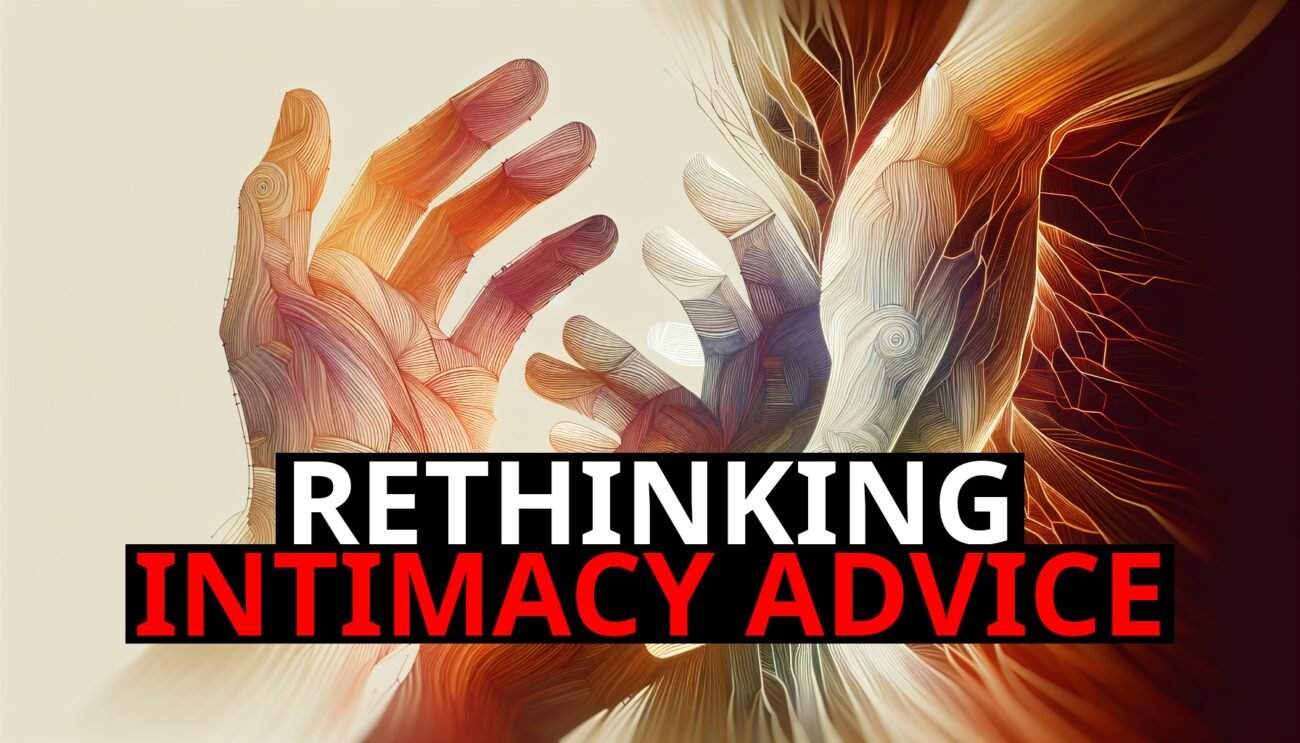A Tale As Old As Time
Throughout history and across cultures, dominant men have captivated women. From the fearless warriors of ancient myths to the charismatic leaders in modern media, dominance has always been an attractive quality. But what is it about dominance that makes it so universally appealing?
The answer lies not only in biology but also in psychology and societal dynamics. Dominance signals strength, capability, and confidence—qualities that align with women’s intrinsic desires for security and excitement.
The Biological Basis Of Attraction
Dominance is deeply tied to evolutionary psychology. In ancestral environments, dominant men were more likely to secure resources, protect their families, and lead their communities. For women, aligning with such partners offered survival and reproductive advantages.
Even today, dominance is often associated with traits like assertiveness, decisiveness, and emotional resilience—qualities that women instinctively find appealing. These traits evoke feelings of safety and admiration, fueling relational satisfaction.
Dominance In Modern Culture
Media and literature have long reflected women’s attraction to dominance. From romance novels to blockbuster films, dominant male characters are portrayed as larger-than-life figures who exude confidence and take control.
This isn’t to say dominance is about aggression. Rather, it’s about a man’s ability to lead, inspire trust, and remain unshaken under pressure. Women are drawn to this combination of strength and composure, whether in a fictional hero or a real-life partner.
Why Dominance Matters In Relationships
Dominance doesn’t only influence attraction—it shapes the dynamics of long-term relationships. Women often feel more satisfied when their partner displays confident, assertive behaviors that create a sense of security and stability.
In casual contexts, dominance enhances excitement and desire. In committed relationships, it fosters trust and admiration, creating a foundation for deeper emotional connections. This dual appeal makes dominance a cornerstone of relational success.
Modern Challenges To Dominance
Despite its appeal, dominance is increasingly rare. Societal changes, shifting gender roles, and evolving expectations have made it harder for men to embody dominant traits in relationships.
This scarcity creates challenges for both men and women. Women continue to seek dominant partners, while many men struggle to navigate the balance between confidence and modern ideals of equality.
Final Thoughts
Dominance isn’t just about control—it’s about strength, confidence, and the ability to lead with purpose. Women’s attraction to dominance is rooted in biology, shaped by culture, and reinforced by relational dynamics.
Understanding the role of dominance in relationships can help both men and women build connections that are not only stable but also deeply satisfying. In a world where dominance is increasingly misunderstood, reclaiming its true meaning offers valuable insights into the art of connection.













